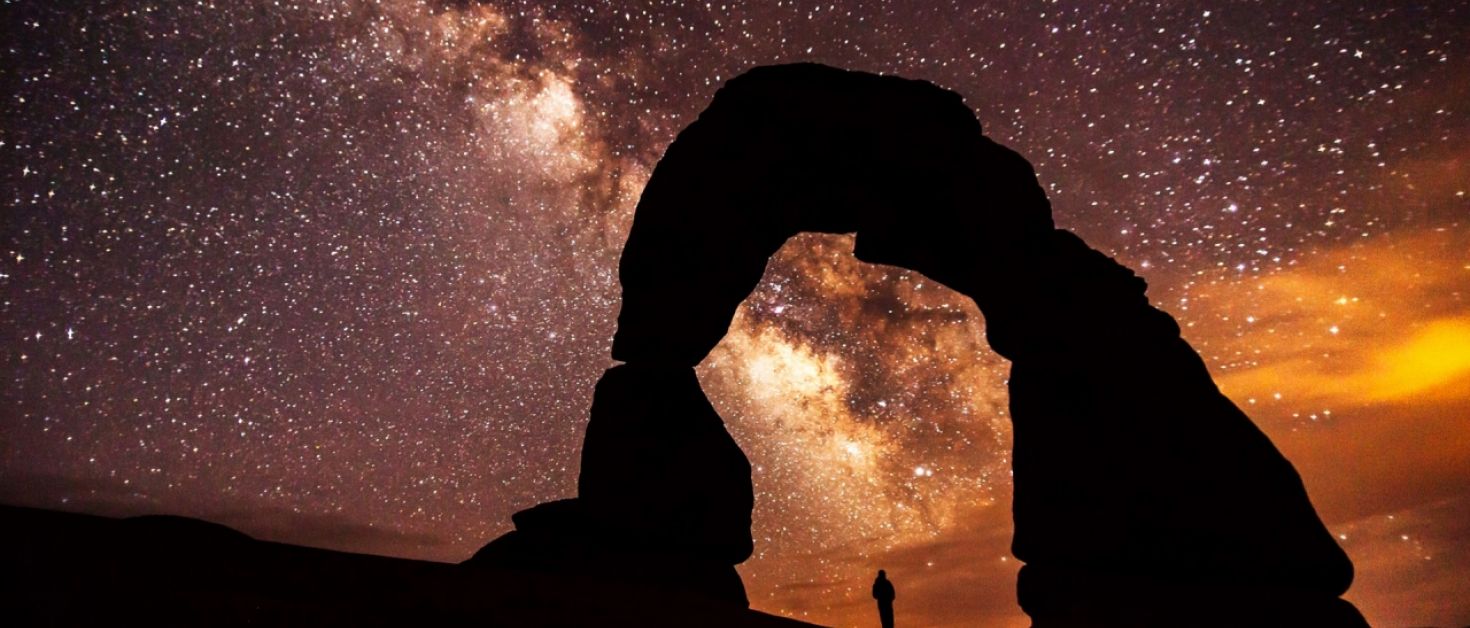Last Saturday (25th Jan 2020) night I attended the "Star gazing event" organized by Amateur Astronomers Group, Pune. It was my first such event and during the introduction everyone has to say something about "Why he was attending this event and why he is interested in Astronomy"?
At that moment I gave some answer which was in the line with others....However, when I came back home Sunday morning, I was thinking about it..."Why astronomy is so important?" "What we humans are going to achieve? What benefits we are going to get by studying spacial objects which are far from our reach?"
Human nature is curious. Curiosity is the one of the major traits which separates us from other animals. All our ancestors were as curious about their surroundings as we are now. While wandering on earth in search of food they must have wondered about the sky above their head. They must have same questions as we have today...
"Who are we?", "What is purpose of our existence?",
"Where we came from?", "Why Sun comes during the day and where it goes at night?",
"Where stars disappear when sun is out?", "Why Sun is big and stars are so small?",
"What happens during solar eclipse and Lunar eclipse?"
Many more...
We are fortunate enough to have answers to some of these questions - thanks to all known and unknown Scientists/Astronomers who have put large efforts in finding the answers.
Even though we have answers to many questions, lot many questions are still there. As Philip Ball called it, we are living on an "Island of Knowledge!" - as we get answers to few questions and we feel that we reached the horizon of island, it gets stretched and new and more difficult questions start popping up on new and broader horizon.
As we again try to find the answers to these questions, island horizon expands further. This is endless process....
But this is the purpose of our very existence... I think... finding the answers! The whole universe is the biggest challenge/puzzle we have. We must keep expanding the island of our knowledge by asking new questions and finding answers to those questions.
Keep in mind... this is not a futile exercise. As per the current studies and knowledge we have, we know that universe is very vast, our existence on earth is nothing as compared to what exists out there in the universe.
We know as of now that the earth is the only place to harbor the life. In his book "Brief Answers to Big Questions", the most famous theoretical physicist of recent time, Stephen Hawking discussed the big question "Will We Survive on Earth?" and his answer is not very optimistic.
According to him, there are many external as well as the human created threats to humanity and overall life on the earth. We cannot take our existence on earth as granted. Either external or human created catastrophe will cripple earth at some point in next 1000 years. As of now we have all our eggs in single basket. We must find another home for sake of our existence.
Another aspect is, human population is growing very fast. Within next few decades, we are going to cross head count of 10 billion. We are running out of resources at an alarming rate. Earth is becoming small for us. We have to look in the sky for fullfilling our future needs. Asteroid mining is one such example.
The Russian astrophysicist, Nikolai Kardashev proposed below three levels of technological advancements of extraterrestrial civilization based on their energy use:
1. Type I civilization:
Those that harvest planetary power, utilizing all the sunlight that strikes their planet. They can harness the power of volcanoes, manipulate the weather, control earthquakes and build cities on the ocean.
2. Type II civilization:
Those that can utilize the entire power of their sun, making them 10 billion times more powerful than Type I civilization. In case their mother star is about to explode, these beings can move to another star system or perhaps most be their home planet.
3. Type III civilization:
Those that can utilize the power of entire galaxy. They are 10 billion times more powerful than Type II civilization. They have colonized billions of star systems and can exploit the power of the black hole at the center of their galaxy and freely roam around their galaxy.
Our own civilization qualifies a "Type 0 civilization". We use dead plants, oil and coal to fuel our machines. We have loooooong way to go.
They say, "Sky is the limit".
I would say " Sky should not be the limit"
Few centuries ago, we left our home on land and dived into the deep blue sea in search of new home, new resources and advancement of humanity...
Here again we are in same situation ...
We should leave this golden cage (rather blue cage) and fly in the infinitely vast universe...what else would be the purpose of our existence?
Astronomy is the best bet for our survival...It is the only way to search our next home...and making us an advanced civilization...
- Vasant Bhusare, Being "Curious"

